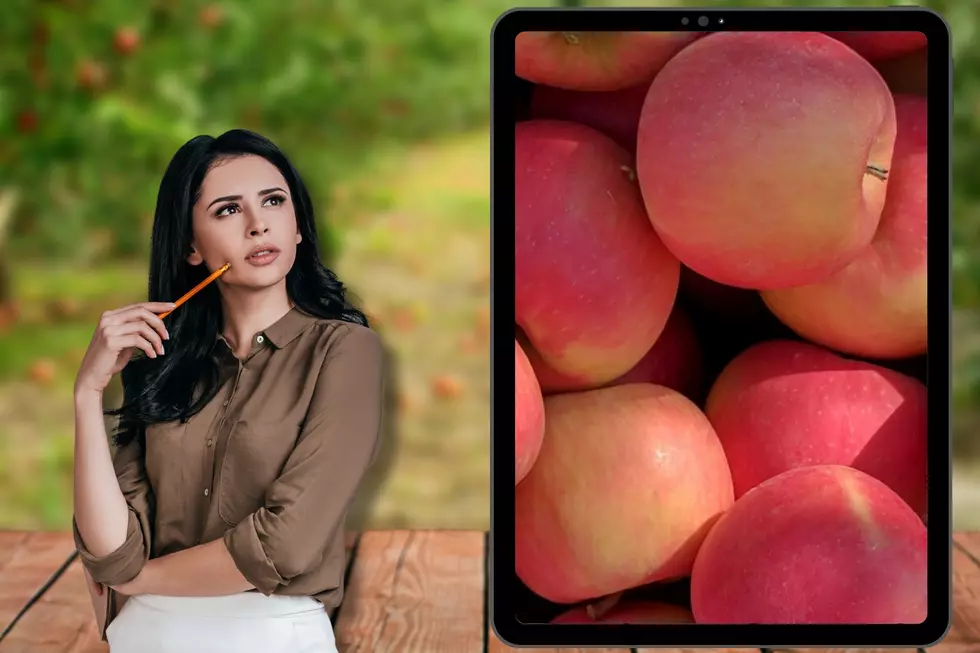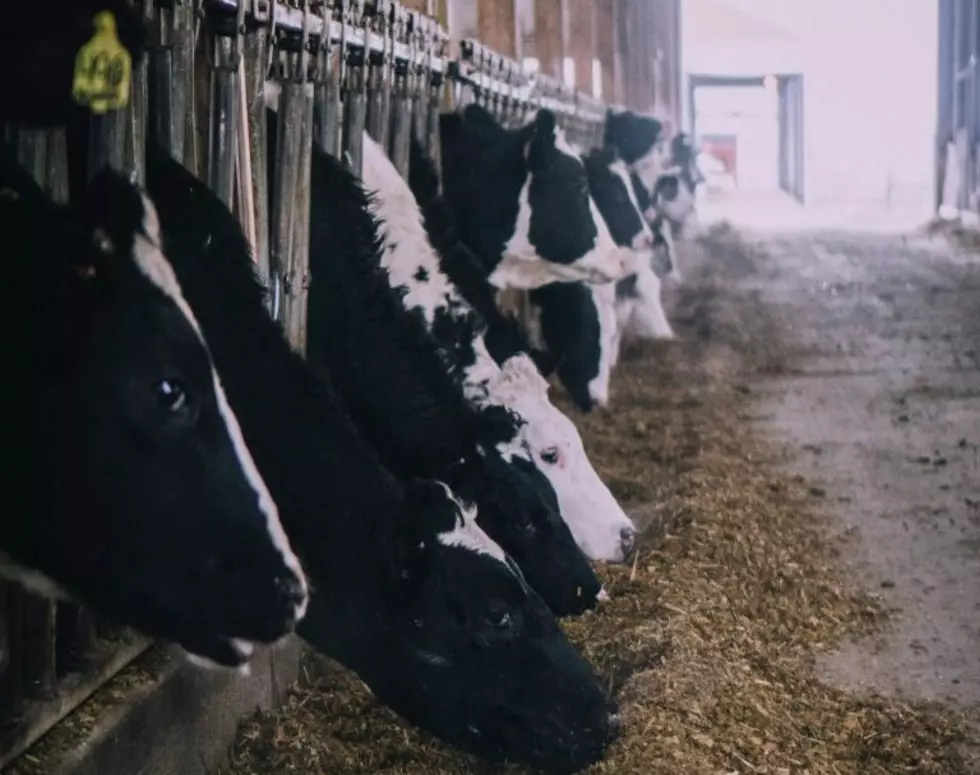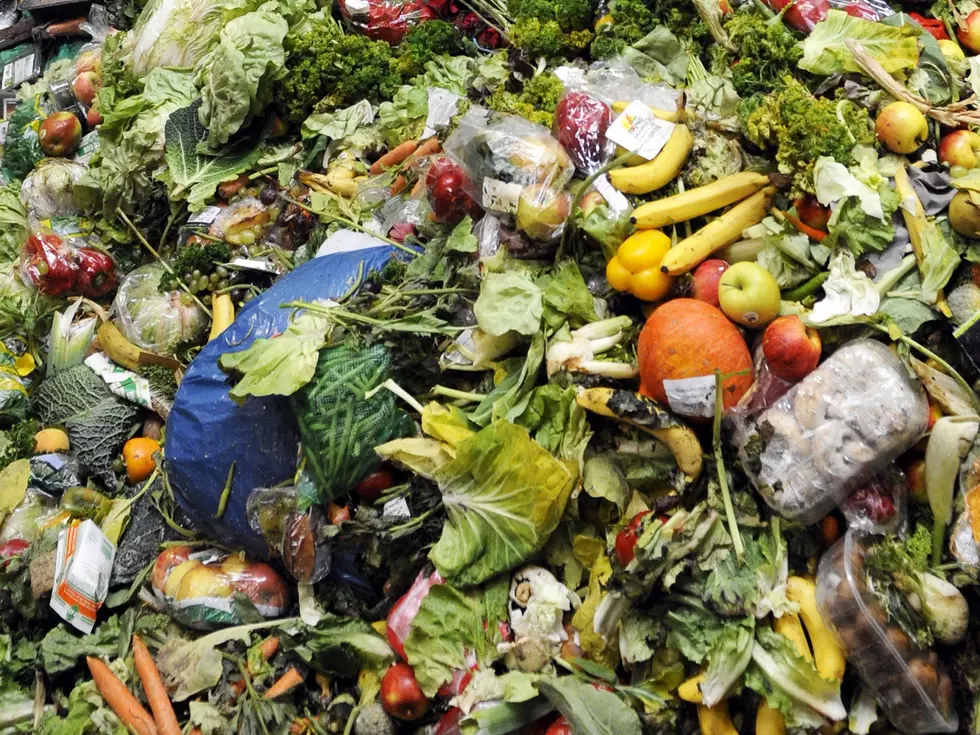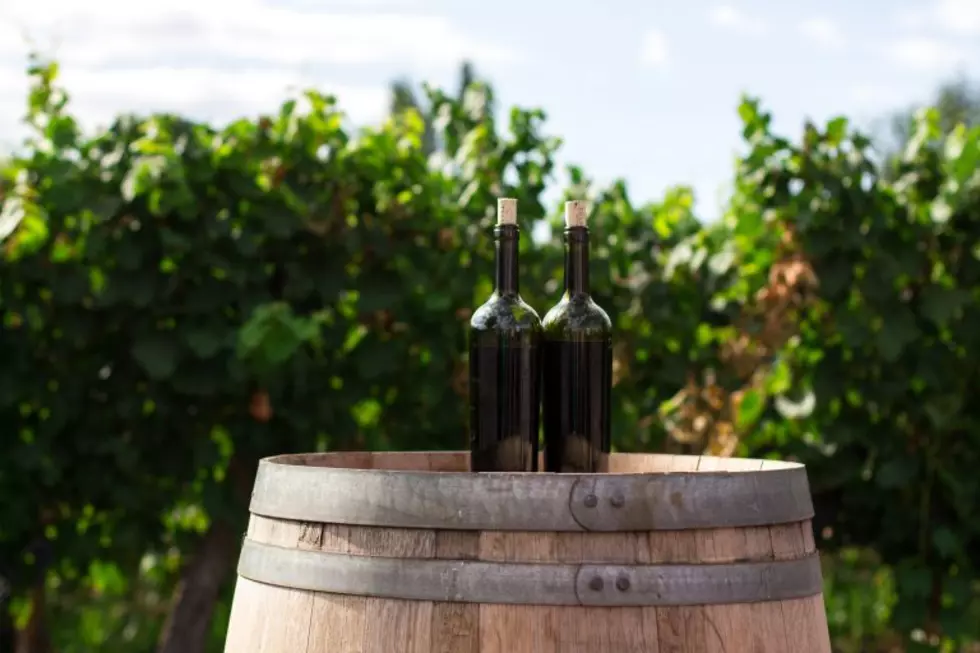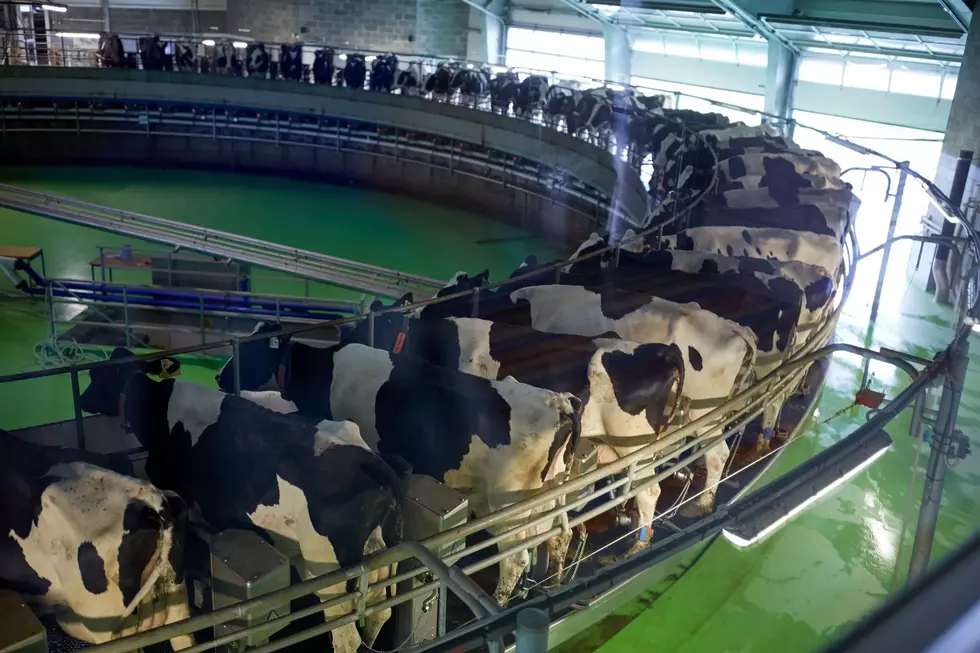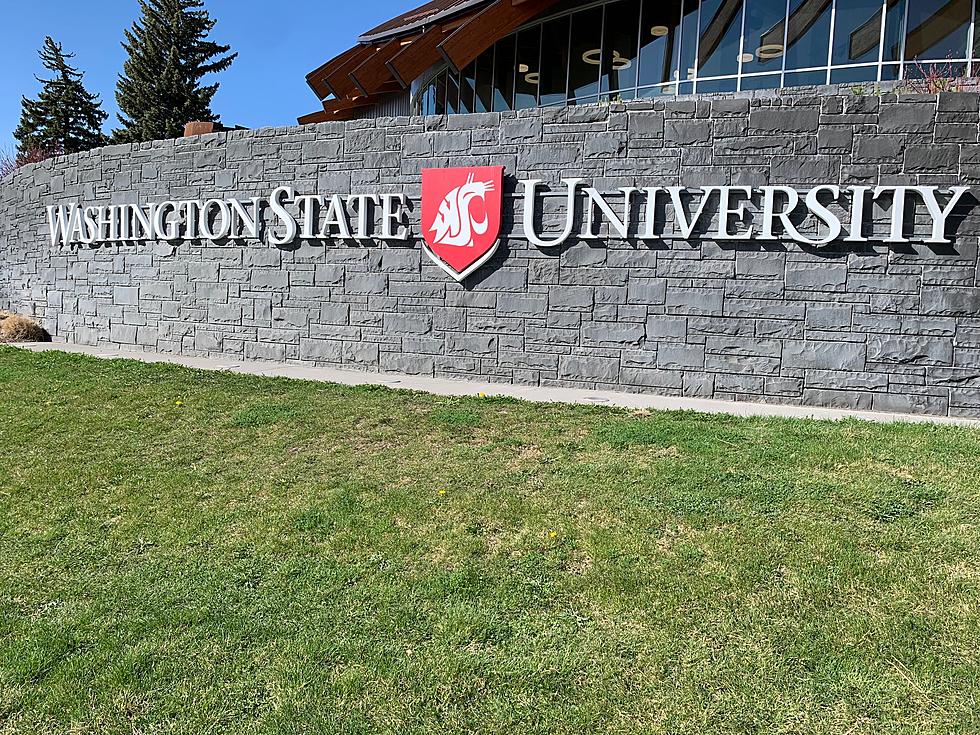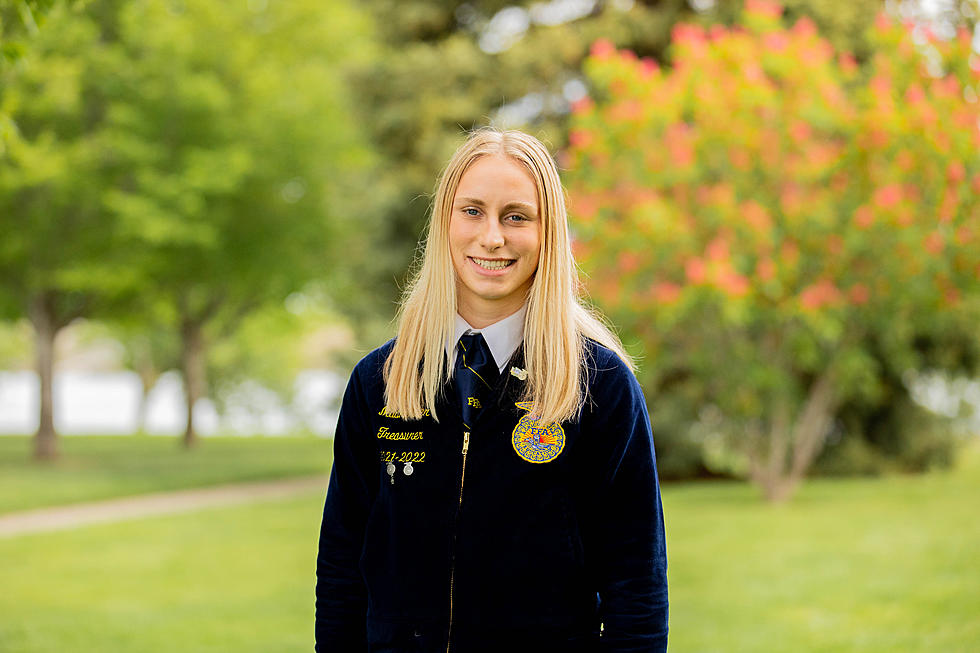
WSU Receives Two New Combines Thanks to the Washington Grain Commission
It will now be a bit easier for students working at Washington State University’s Spillman Agronomy Farm. Thanks to a nearly $500,000 gift from the Washington Grain Commission, WSU purchased two new Zurn plot combine harvesters, which arrived earlier this year.
"It was a natural fit for the WGC to help out when we learned the winter and spring wheat breeding programs at WSU needed new equipment for harvesting test plots,” said Glen Squires, CEO of the Washington Grain Commission. “Research through the Crop and Soil Sciences Department is a foundational part of helping advance the small grains industry in Washington.”
With these two new implements, WSU’s Arron Carter, a professor in the Department of Crop and Soil Sciences says students and faculty have access to similar technology, safety and comfort found in commercial rigs. The new Zurn combine has an air-conditioned cab where both workers can sit in ergonomic comfort, monitoring a range of data about each test plot. The machines cut, thresh, weigh and bag samples, with special features to prevent cross-contamination between plots.
There are about 5,000 test plots on Spillman Farm’s 382 acres, Carter said, where crops are bred for resistance to disease, various growing conditions and to increase their nutritional value.
Generations of Coug students have worked under the hot sun harvesting test crops at the farm south of Pullman. At first they did the work by hand, cutting and gathering wheat, barley, pea, lentil and chickpea crops from small test plots. Specially-made combines for the research plots were an improvement, but they still were labor-intensive to operate.
Similar generosity created Spillman Farm in 1955 as Washington farmers, WSU and the United States Department of Agriculture saw the need for a dedicated research field for plant breeding and cultivar development.
Angela Senter worked at Spillman Farm as an agricultural education student in the late 1990s to early 2000s.
"It should have been an awful experience,” she said of the old combine, describing how one person would drive the harvester while the other sat on a seat mounted on the side of the machine, bagging the seed and spraying the header to prevent cross-contamination. “It was hot, it was dirty, it was long, but actually it was super fun. I loved it.” Senter now teaches in the Carson College of Business School of Hospitality Business Management.
"We show growers our different research plots and talk about new varieties being developed,” Carter said. “We talk to them about their experiences and challenges. It’s a two-way interaction, because most everything we do is for the farmer.”
If you have a story idea for the PNW Ag Network, call (509) 547-1618, or e-mail glenn.vaagen@townsquaremedia.com
More From PNW Ag Network
